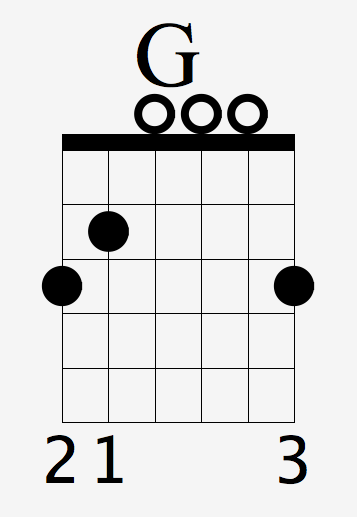By now I’m sure you’ve heard of the 10000-Hour Rule, popularized in Malcolm Gladwell’s book Outliers: You need about 10000 hours of practice to achieve mastery in a given field. Want to become an expert violinist? Want to be an elite programmer? Want to paint like the Renaissance Masters? Start practicing right now. After an hour of practice, you’ll only have 9,999 more hours to go.
This 10000 Hour Rule spread virally because it offered solace for people who dreamed of becoming an expert in something, but who gave up on their aspirations because they thought they weren’t talented enough. All it really took to become a virtuoso guitar player was lots and lots of hard work. People still might not have taken the opportunity to achieve their life goals and realize their dreams, but at least the 10000 Hour Rule made their dreams more real–all they had to do was put in the time.
Outliers: The Story of Success
Only, the 10000 Hour Rule is not the whole story.
Psychologist Anders Ericsson‘s research indicates that while hours of practice is one of the elements of becoming an expert, it is not the only one. After studying expert performers in fields such as music and sports, and even medical doctors, another key element that distinguishes the elite performers from everyone else is something called “deliberate practice.” You shouldn’t just practice for the sake of practicing. Rather, you should practice to your weaknesses and constantly try to achieve stretch targets, ideally under the supervision of a master teacher.
The development of genuine expertise requires struggle, sacrifice, and honest, often painful self-assessment. There are no shortcuts. It will take you at least a decade to achieve expertise, and you will need to invest that time wisely, by engaging in “deliberate” practice—practice that focuses on tasks beyond your current level of competence and comfort. You will need a well-informed coach not only to guide you through deliberate practice but also to help you learn how to coach yourself.
—“The Making of an Expert,” by K. Anders Ericsson, Michael J. Prietula, and Edward T. Cokely.
So, a motivation for this site is based on the ideas behind the 10000 Hour Rule and the research of folks like Anders Ericsson. Yes, certainly talent is involved in musical ability and perhaps folks like Ericsson downplay the genetic component too much. But my conviction is that genius and expertise are made, not born. Even someone in a family of gifted musicians must practice.
Deliberate practice then is the way forward. In fact, one goal of this site is to go beyond the 10000 Hour Rule–to provide an in-depth case study of the making of a music rockstar. We’ll highlight the activities, thoughts, and struggles of an adult with no real music talent, someone who nevertheless is determined to pursue his dream of learning to play the guitar and otherwise feel comfortable calling himself a musician.
PS: If you haven’t guessed it already, I’m the guinea pig. And your host. Please raise your tray table and put your seat in an upright position as we prepare for liftoff.
Please stick around as we take a look at the trials and tribulations of “deliberate practice,” finding “master teachers,” getting up on stage–in public even, and reviewing the technologies, tools, and instruments that are all a part of modern music making.
Just remember, it’s never too late to get started.
OK, I’m off now for my first hour of practice. See you soon.

